Choosing the right type of flooring for your business can be a daunting task. With a wide range of options available in the market, it’s important to consider factors such as durability, maintenance, cost, and aesthetics. Two popular choices for commercial spaces are ceramic tiles and vinyl flooring. In this article, we will compare and contrast these two options to help you make an informed decision. Durability: When it comes to durability, ceramic tiles are known for their strength and longevity. Made from natural materials such as clay and minerals, ceramic tiles can withstand heavy foot traffic, making them ideal for commercial settings. They are highly resistant to scratches, stains, and water damage, which adds to their durability. Vinyl flooring, on the other hand, is a synthetic material that offers good durability as well. While it may not be as resistant to scratches and stains as ceramic tiles, vinyl flooring is known for its water resistance, which makes it suitable for areas prone to moisture.
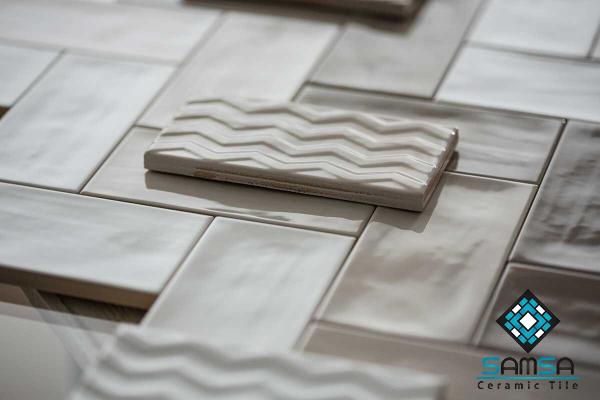
.
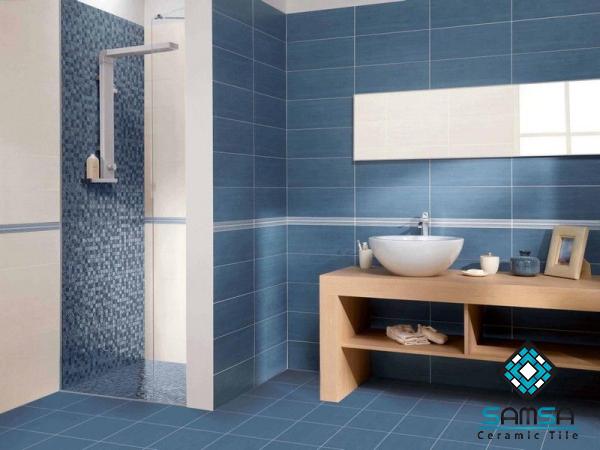 However, it is worth noting that vinyl flooring may not hold up as well under heavy foot traffic or furniture with sharp edges. Maintenance: Maintaining your flooring is crucial to its longevity and appearance. Ceramic tiles are relatively easy to clean and maintain. Regular sweeping and mopping can keep them looking pristine. However, the grout lines in between the tiles can accumulate dirt and require occasional deep cleaning or resealing. Vinyl flooring is known for its low maintenance requirements. A simple sweep or vacuum followed by mopping with a mild cleaner is usually sufficient to keep it clean. Unlike ceramic tiles, vinyl flooring does not require sealing or grout maintenance, which makes it a hassle-free choice. Cost: Cost is often a determining factor when it comes to flooring choices for businesses.
However, it is worth noting that vinyl flooring may not hold up as well under heavy foot traffic or furniture with sharp edges. Maintenance: Maintaining your flooring is crucial to its longevity and appearance. Ceramic tiles are relatively easy to clean and maintain. Regular sweeping and mopping can keep them looking pristine. However, the grout lines in between the tiles can accumulate dirt and require occasional deep cleaning or resealing. Vinyl flooring is known for its low maintenance requirements. A simple sweep or vacuum followed by mopping with a mild cleaner is usually sufficient to keep it clean. Unlike ceramic tiles, vinyl flooring does not require sealing or grout maintenance, which makes it a hassle-free choice. Cost: Cost is often a determining factor when it comes to flooring choices for businesses.
..
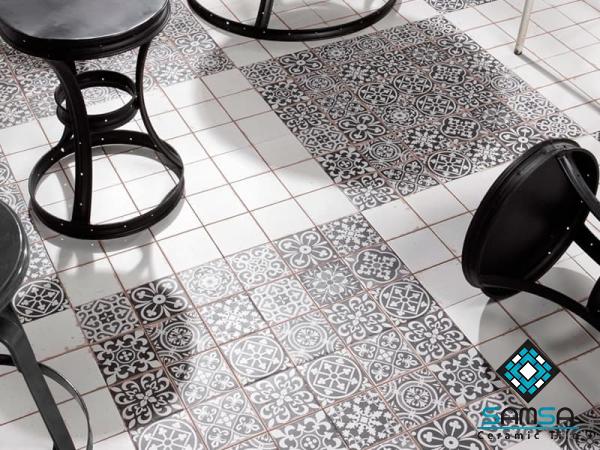 Ceramic tiles tend to be more expensive upfront compared to vinyl flooring. The cost of ceramic tiles can vary depending on the quality, design, and installation requirements. However, their durability and longevity often make them a cost-effective investment in the long run. Vinyl flooring, on the other hand, is relatively more affordable. It comes in various price ranges, depending on factors such as thickness, design, and installation method. Overall, vinyl flooring offers a budget-friendly option for businesses looking to save on their flooring expenses. Aesthetics: The aesthetic appeal of your flooring can significantly impact the overall look and feel of your business space. Ceramic tiles offer a wide range of design options including various colors, patterns, and textures.
Ceramic tiles tend to be more expensive upfront compared to vinyl flooring. The cost of ceramic tiles can vary depending on the quality, design, and installation requirements. However, their durability and longevity often make them a cost-effective investment in the long run. Vinyl flooring, on the other hand, is relatively more affordable. It comes in various price ranges, depending on factors such as thickness, design, and installation method. Overall, vinyl flooring offers a budget-friendly option for businesses looking to save on their flooring expenses. Aesthetics: The aesthetic appeal of your flooring can significantly impact the overall look and feel of your business space. Ceramic tiles offer a wide range of design options including various colors, patterns, and textures.
…
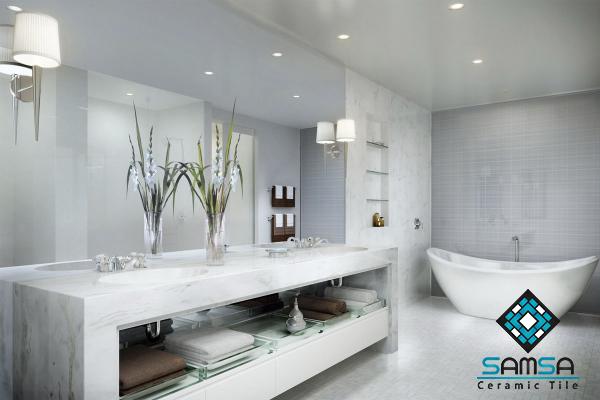 They can be customized to suit any style or theme, providing a timeless and elegant look. Vinyl flooring has come a long way in terms of design. With technological advancements, vinyl flooring can mimic the appearance of natural materials such as wood and stone. It offers a versatile range of patterns and colors, allowing businesses to create a modern and stylish look. In conclusion, both ceramic tiles and vinyl flooring have their own set of advantages and disadvantages. While ceramic tiles offer durability, easy maintenance, and a timeless appeal, vinyl flooring provides affordability, water resistance, and a range of design options. Analyzing your business’s specific needs and budget will help you determine the best flooring option for your commercial space.
They can be customized to suit any style or theme, providing a timeless and elegant look. Vinyl flooring has come a long way in terms of design. With technological advancements, vinyl flooring can mimic the appearance of natural materials such as wood and stone. It offers a versatile range of patterns and colors, allowing businesses to create a modern and stylish look. In conclusion, both ceramic tiles and vinyl flooring have their own set of advantages and disadvantages. While ceramic tiles offer durability, easy maintenance, and a timeless appeal, vinyl flooring provides affordability, water resistance, and a range of design options. Analyzing your business’s specific needs and budget will help you determine the best flooring option for your commercial space.
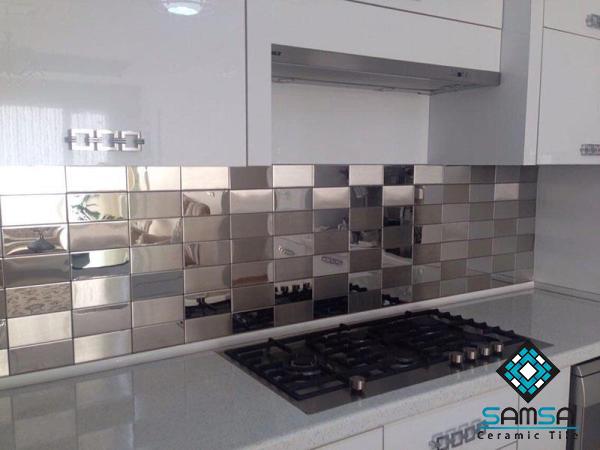
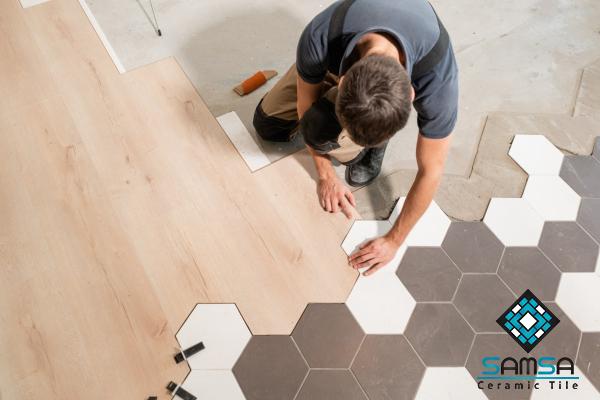
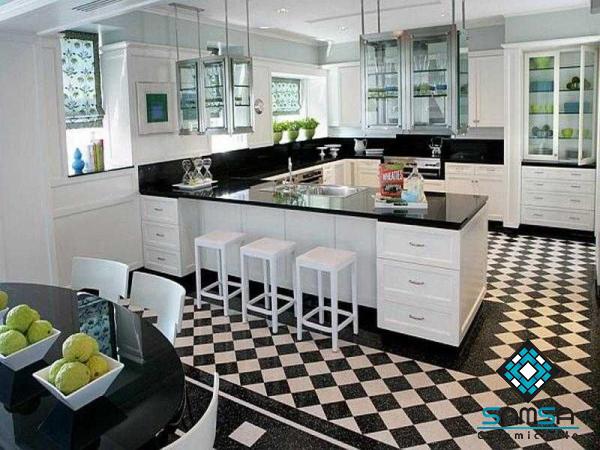

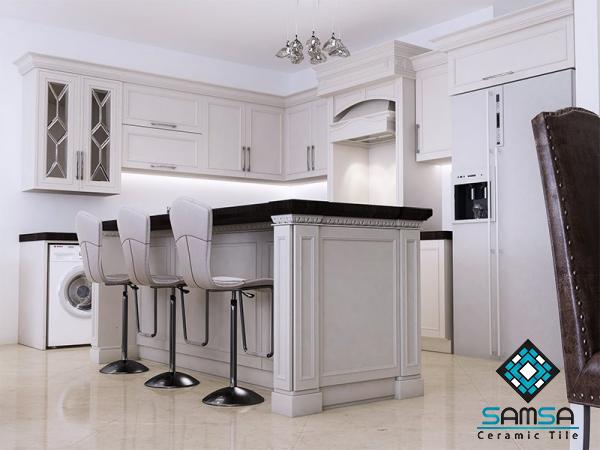
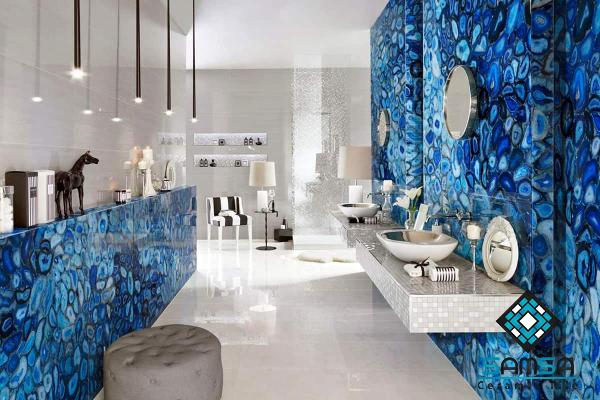
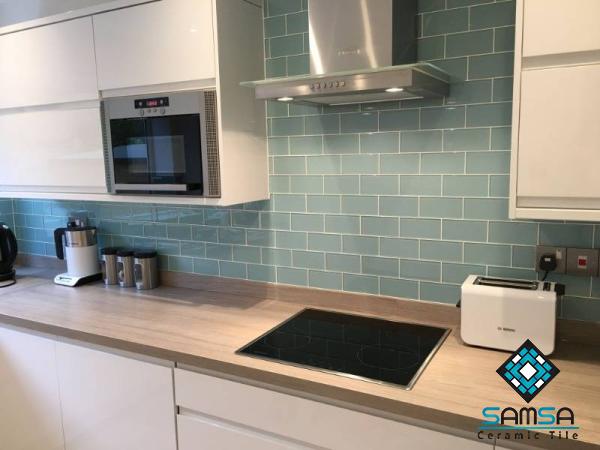

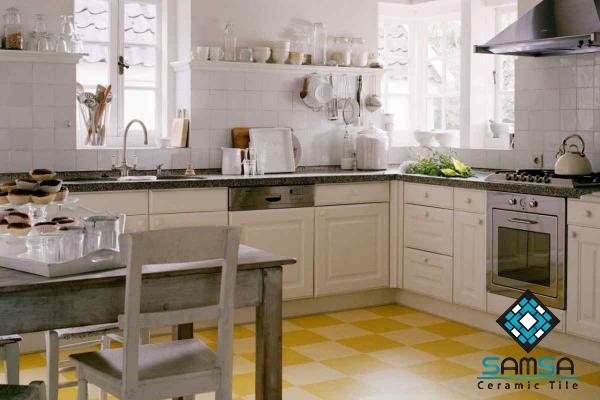
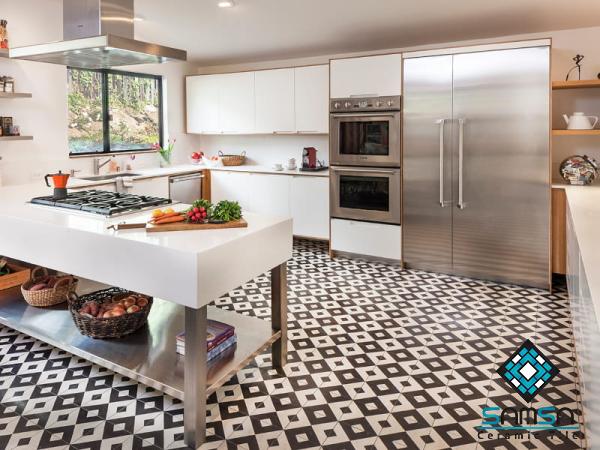
Your comment submitted.